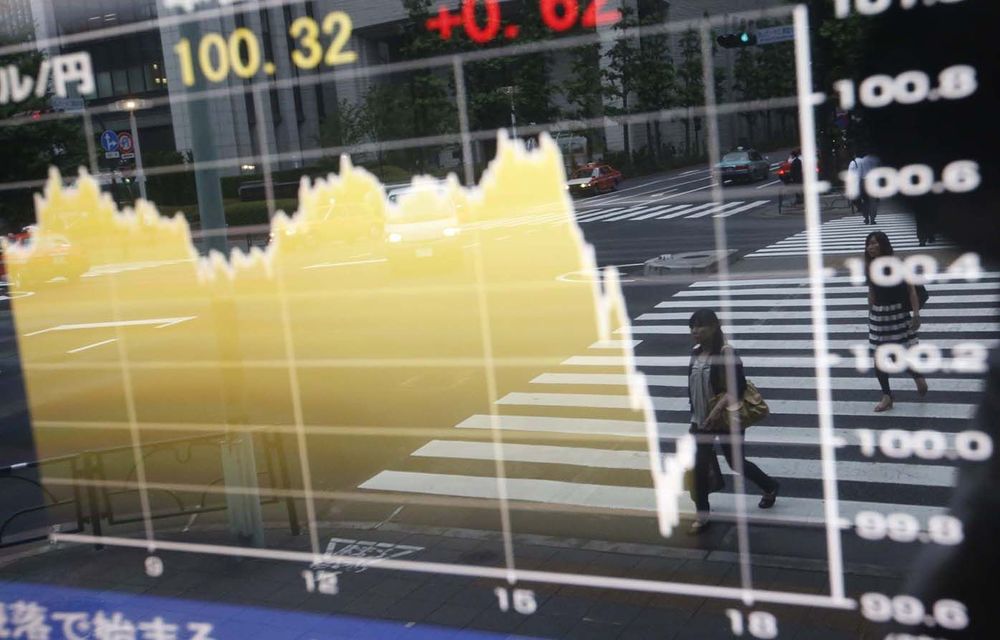

The term “Quiet quitting” emerged amid the pandemic-induced malaise that has characterised working life these last three years.
Typically used in relation to those among us negotiating a better work-life balance while also attempting to divorce themselves from the strictures of late-stage capitalism, it’s a term that came to mind early last week when talking to a particularly pissed-off economist.
Aghast at the prospect of another 50 basis point repo rate hike, said economist suggested that the ANC is clearly hoping to be booted from power. “They want to lose the elections. They are doing anything that they can to lose the elections. That is the only explanation that I can come up with,” he said.
“The president is ghosting us. He doesn’t say anything, unless he is forced to. It’s absolutely insane.”
Some might think participating in this level of absurdity isn’t helpful, but here we are, faced with crisis upon crisis and with no real expression of urgency from those tasked with avoiding the worst. You’d be forgiven for believing that the president and his colleagues are quietly quitting. At least that’s what markets seem to believe.
The aforementioned repo rate hike did happen. Explaining the move, which officially put the country’s economy into restrictive territory, South African Reserve Bank governor Lesetja Kganyago said the hike would be a bitter pill to swallow, but nevertheless necessary to bring down inflation in the long term.
“We have mentioned that there are things in this economy that could be done by other agents of government to tackle inflation,” Kganyago said.
“Failure to act against inflation would mean that we are short-changing the poor. We are short-changing the working people of this country who are constantly crying about inflation eroding their incomes …. We’ve got to administer this bitter medicine to avoid surgery or being in the intensive care unit.”
The Reserve Bank’s decision prompted the most undesirable response possible by markets. The rand crashed to a new all-time low, trading at R19.63 to the US dollar immediately after the decision.
As the Reserve Bank so often points out, its primary mandate is to protect the value of the currency, not to fix the economy.
The state is the more appropriate steward of the country’s economic fate, we are expected to believe. And during a period of restrictive monetary policy, it is the state that ought to rise to the occasion, hopefully implementing policies to stimulate the economy. What the rand’s post-repo rate tailspin possibly tells us is that markets are not convinced this will actually happen.
Among those less willing to accept the Reserve Bank’s painful remedy is the Alternative Information & Development Centre (AIDC), which said the idea that hikes are a “necessary evil” to keep inflation down is meaningless given that monetary policy is throttling the economy.
Noting the market’s reaction to the decision, the AIDC said the rand’s crash could indicate that investors and foreign pension funds with a long-term view understand the toll of the Reserve Bank’s hiking cycle on our collective economic fortunes.
Some believe that the rand reaction was a sign that markets may have thought the Reserve Bank was not aggressive enough considering the currency’s weakness.
Markets also seemed to have overreacted to the Reserve Bank’s comment that “further rand weakness” was likely, the Bureau for Economic Research (BER) noted. This is despite the bank’s baseline projection for the rand to strengthen somewhat.
According to the BER, the Reserve Bank’s medium-term outlook for the current account, previously buoyed by the commodity boom, may have also added to the downbeat sentiment towards the rand. The monetary policy committee expects that the current account deficit will increase to 2.5% of GDP this year amid falling commodity prices and weaker export volumes.
What has become clear is that the rand’s recent depreciation has less to do with the course of the Reserve Bank’s tightening cycle and more to do with problems specific to the South African economy.
Chief among those problems is load-shedding, which, despite the Reserve Bank’s slightly improved GDP forecast, will stifle growth in 2023 and beyond. The International Monetary Fund expects that South Africa’s economy will record the second-slowest growth rate (0.1%) in sub-Saharan Africa after Equatorial Guinea.
The narrative that South Africa is a failing state has made its way into the mainstream, with even the ANC’s secretary general, Fikile Mbalula, reluctantly admitting to this in a recent BBC interview. “If certain things are not resolved, we will become a failed state. But we are not journeying towards that direction,” he said.
Unfortunately there is little evidence that the current government has what it takes to bring a resolution to even just one of the problems blighting the country’s economy. Whatever hope was ignited among investors by the idea of a Ramaphosa presidency has mostly been snuffed out.
For currency and bond markets, the prospect of the state collapsing has seemed to raise fears that the growing interest burden on government debt, coupled with lower revenues, will be detrimental to South Africa’s fiscal position. If the government continues to do so little to counter the failed state narrative — barring another tectonic shift in the global economic outlook — it’s unlikely that the rand will correct course.
This is not to say that the Reserve Bank should be let off the hook. Hiking rates in perpetuity will do little more than inflict pain as the economy’s decline sends the rand even further off the cliff. Meanwhile, other interventions, such as tighter capital controls, have been left on the table.
Instead, what the market’s recent movements should tell us is that there is something fundamentally wrong with South Africa’s macroeconomic policy. Instead of monetary and fiscal policy working together to grow the economy, they seem to be conspiring to kill it.
Meanwhile, the current administration has abandoned one of its most important tools for buoying the economy: confidence. But confidence is won through action — promises kept.